GALLERY 05 | WATER & EQUITY
EXHIBIT 01/02 03
A Tale for the Years: Water, Rights and Equity
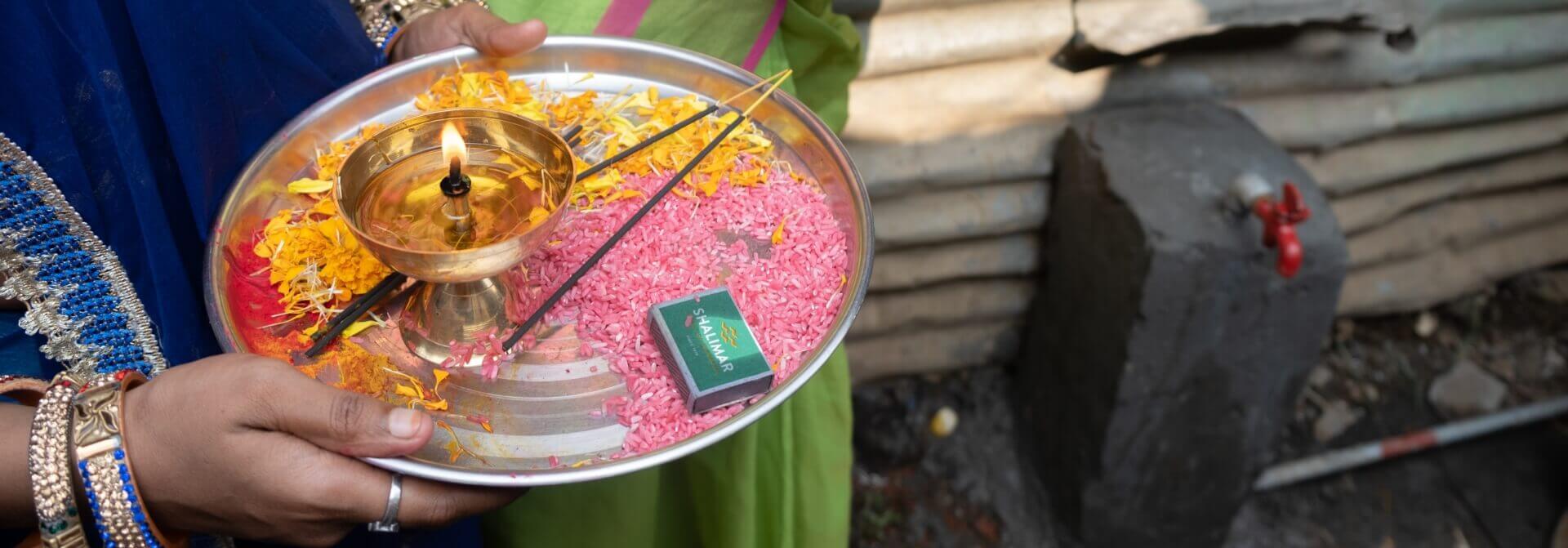
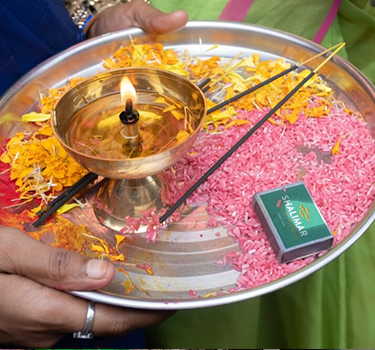


This specific exhibit aims to define, in unfamiliar terms, the relationship between water and humanity and how it goes beyond just a biological need and changes the idea of what is considered divine. On December 12, 2019 in Unit No. 32, Aarey, Mumbai, shiny, red, newly installed BMC taps replaced Gods albeit for a day.
The article and accompanying media attempt to document the various realities and explore the reasons that intertwined to culminate in this phenomenon. This exhibit is also a means to continue a conversation on the acute water inequity faced by over 2 million people living in informal settlements in Mumbai.
This specific exhibit aims to define, in unfamiliar terms, the relationship between water and humanity and how it goes beyond just a biological need and changes the idea of what is considered divine. On December 12, 2019 in Unit No. 32, Aarey, Mumbai, shiny, red, newly installed BMC taps replaced Gods albeit for a day.
The article and accompanying media attempt to document the various realities and explore the reasons that intertwined to culminate in this phenomenon. This exhibit is also a means to continue a conversation on the acute water inequity faced by over 2 million people living in informal settlements in Mumbai.
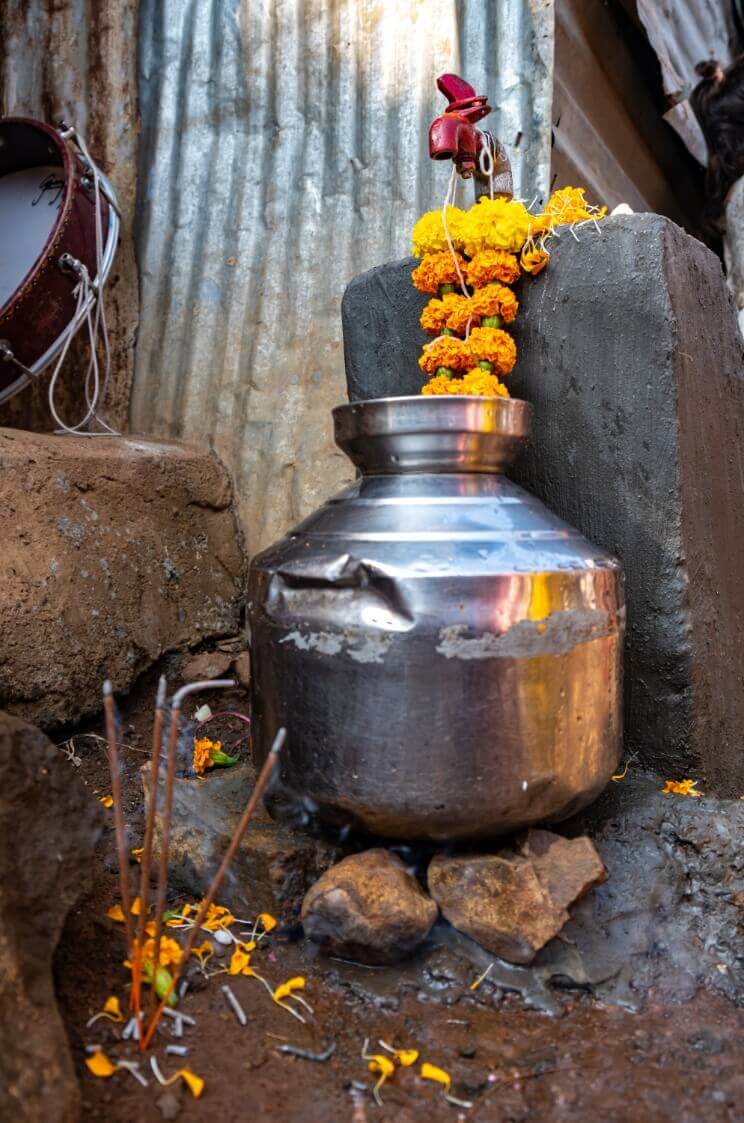
Aarey, Mumbai, houses an informal settlement known as Unit no. 32/Siddharth Nagar, home to about 700 people. On January 12th 2019, a pooja (ritual of worship) was performed. Not for a god but for their newly installed, official BMC water connections.
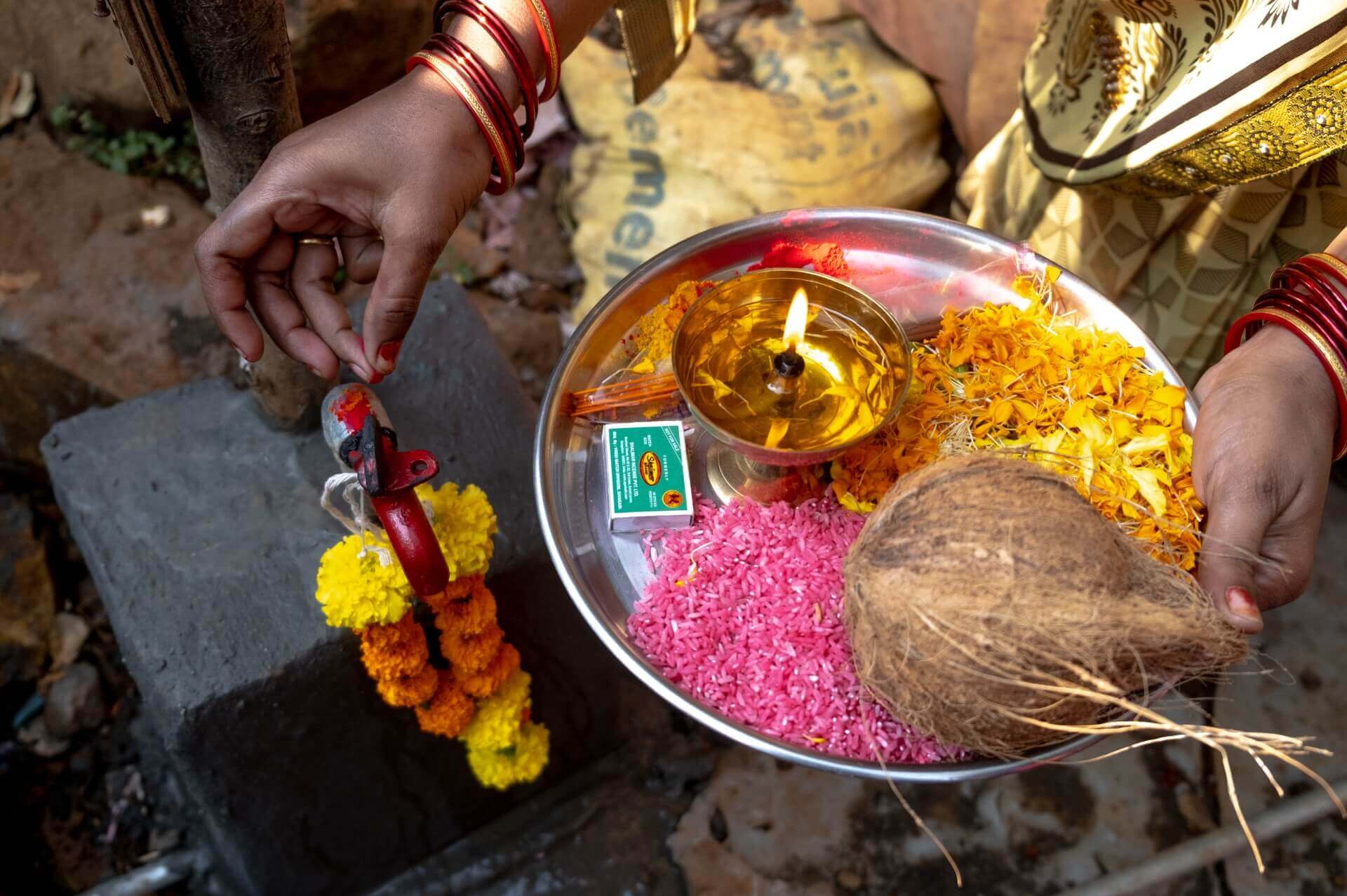
Taps were garlanded, coconuts were cracked open, an aarti was conducted, coconuts were cracked open, and the taps were anointed with tilaks. A similar tradition was observed in Gautam Nagar, another informal settlement in Mumbai, when they received their first BMC water connection.n.

Water has been a part of religious practices across the globe. On Nariyal Purnima, fishing communities worship and make offerings to the ocean, acknowledging how inextricably their existence is linked to it.

Jhulelal, the God of the Indus river, is worshipped under different names by Hindus and Muslims alike. Idols of the God Ganesha are immersed into a water body to mark the conclusion of Ganesh Chaturthi. The significance of water both as the object of worship and as a part of rituals is well known and documented.

But in the ceremony at Unit no. 32, it was not the element that was worshipped but the conduit. This upliftment of taps to deity status, this evolution of the central aspect of worship itself, cannot be ignored. This shows how water inequality shapes cultures and traditions differently in the same physical space.
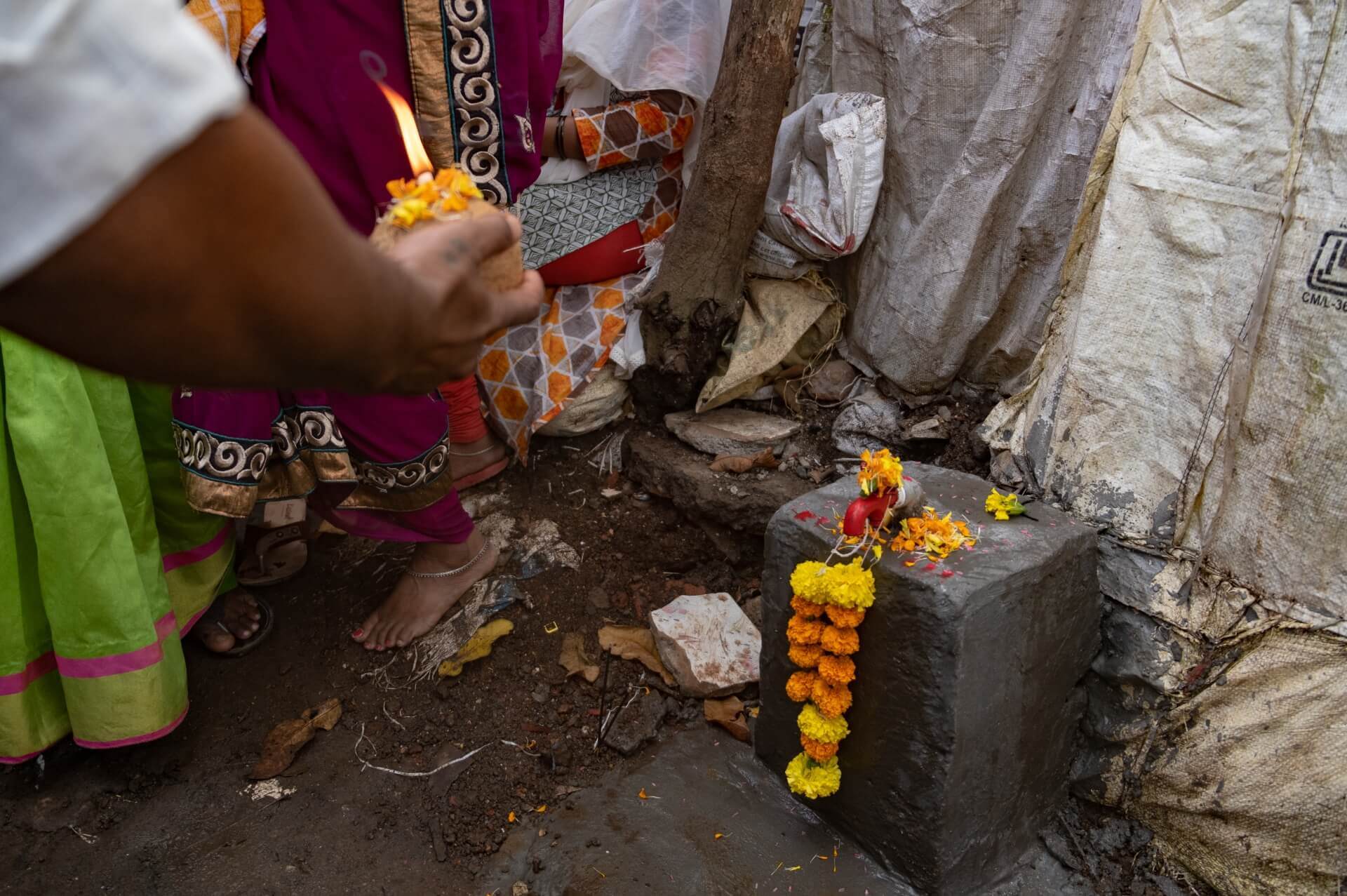
Before the taps were installed, residents of Unit No. 32 used to fulfil their water needs by “renting” water. Under this system, 1000 INR (approx. 13.5$) was paid as deposit, and 500 INR (approx 7$) per month for about 10 to 12 containers of water of 15 litre capacity.

Vandana Xavier (40) and Ismota Khatoon (31) have been living in Unit no. 32 for over a decade. Under the guidance of the Pani Haq Samiti and the Lokshahir Sitaram Babu Sonawane Charitable Trust, they prepared applications and navigated the intimidating landscape of BMC officials, procedures and technicalities.

Pravin Borkar (centre, black), Sunil Yadav (centre right, light blue) and Jagdish Patankar (second from right) PHS saathis (volunteers), being felicitated by the residents of Unit No. 32 for their support and guidance through the application process.
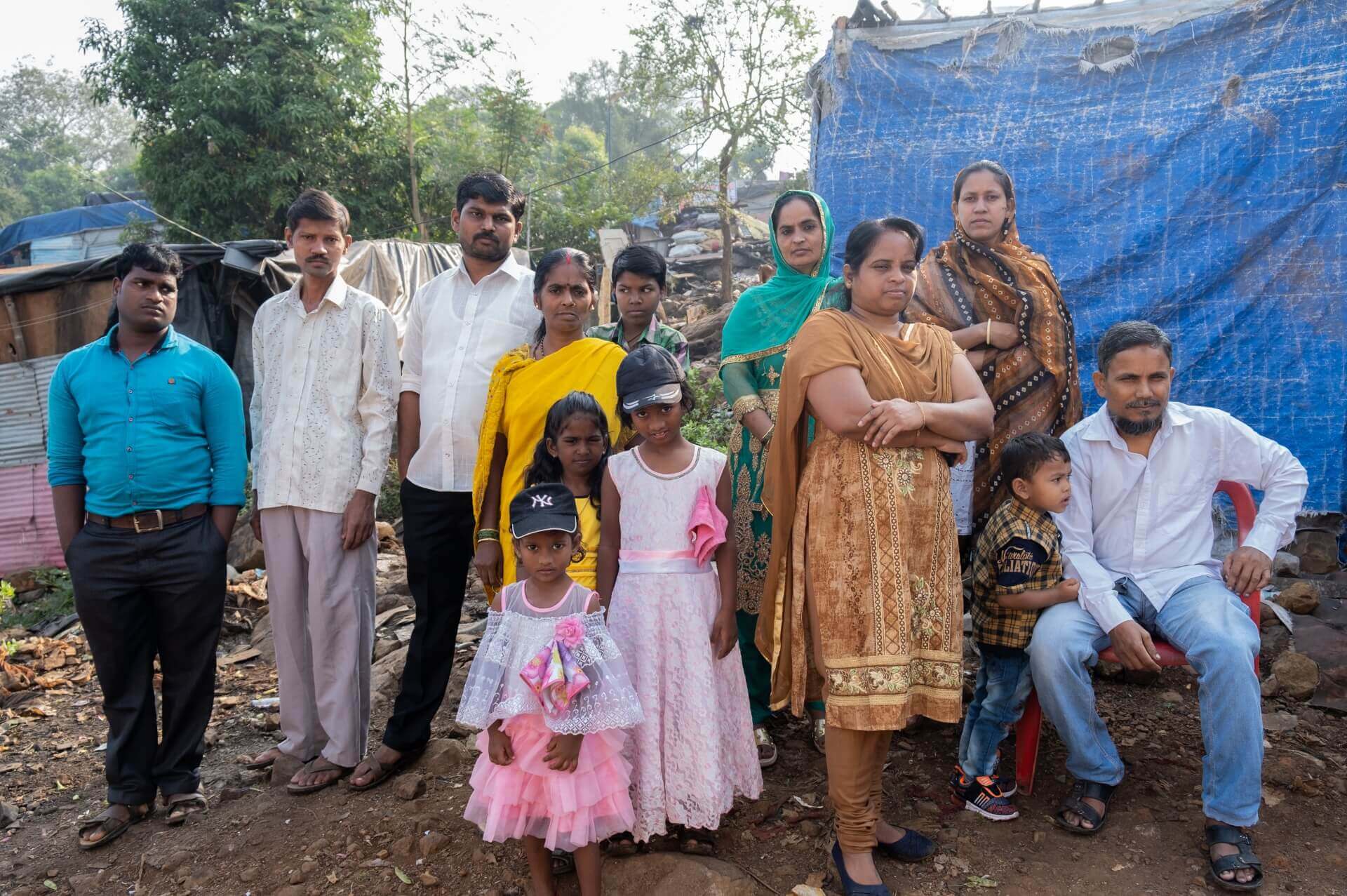
From start to finish, the process of applying for five water connections and the taps getting installed, took three years. Vandana and Ismota have brought water and through it, legitimacy, dignity and recognition to an entire community. Due to their perseverance and grit, residents of Unit no. 32 will not have to spend a majority of their life and income on obtaining water. .
An aarti is a ritual in worship where the deity is offered light from a flame.
Moving Toward Universal Water & Sanitation Access In Covid- 19 Times - A Ground Assessment Of Wash Realities Of Mumbai’s Informal Settlements
A tilak is a sacred mark made with red paste/sandalwood, on the idol and the worshipper.